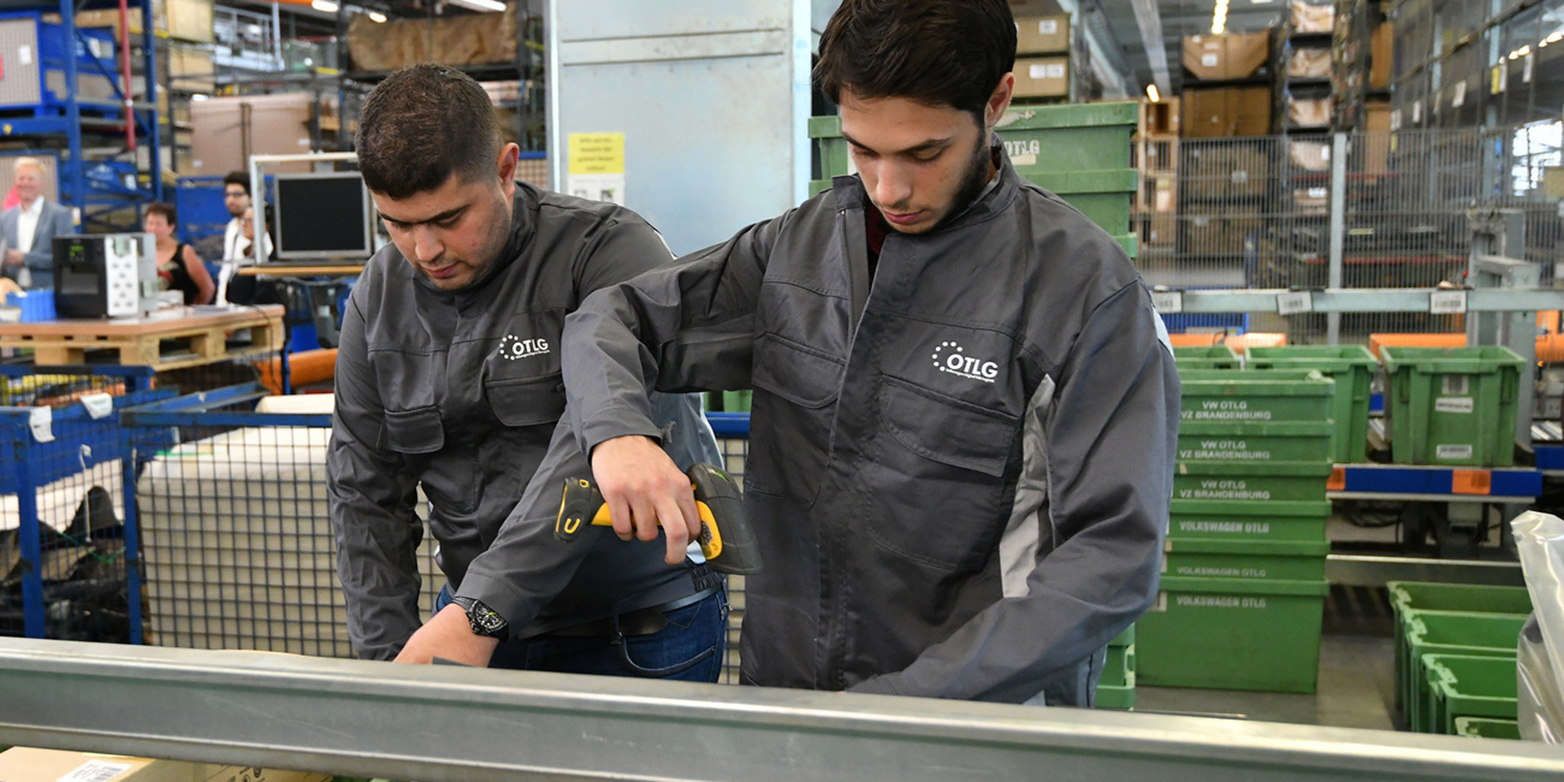Employment bans are counterproductive
Barring refugees from the labour market for a period of time after their arrival has negative consequences for their long-term integration. Additionally, it results higher welfare expenditure for the state and foregone tax revenues, as evidenced in the case of Germany by a joint study conducted by ETH Zurich and Stanford University.

In many European countries, asylum seekers face temporary employment bans that keep them out of the labour market. There is now evidence that this practice is counterproductive over the long term: a study by the Immigration Policy Lab of ETH Zurich and Stanford University shows that refougees in Germany who had shorter employment bans were able to find work much faster than those who had longer bans. Five years after the the waiting period ended, the employment rate is 20 percentage points higher among refugees subjected to a shorter employment ban.
A shorter ban brings faster integration
The researchers compared the employment rates of two homogeneous groups following the end their temporary employment bans: the refugees from ex-Yugoslavia who fled to Germany in 1999 and 2000. The reason for this comparison is that the waiting period for asylum seekers in Germanywas reduced from 13-24 months to 12 months in 2000. As a result, the waiting period for the refugees who arrived in 2000 was, on average, seven months shorter for than those who arrived in 1999.
Because the two groups are practically identical with the exception of their wait times, the differences in employment rates can be attributed to the different waiting periods.
Forced unemployment demotivates
The researchers used statistical methods to exclude the impact of other explanatory factors, such as the economy. They attribute the higher employment rate of the refugees with a shorter waiting period to them being less demotivated by a long-lasting work ban and forced unemployment. This impedes integration. “Policies such as employment bans are short-sighted”, says Moritz Marbach, co-author of the study. “Instead of having refugees dependent on govrenment welfare for years, countries like Germany can calitalize on their initial motivation and integrate them quickly.”
The researchers also estimate that Germany paid a high price for the temporary employment bans. If the 40.500 refugees who left ex-Yugoslavia for Germany in 1999 had been allowed to work just seven months earlier, bringing their employment rates up to the level of the 2000 arrivals, the country would have saved about €40 million per year in lower welfare payments and higher tax contributions.
Reference
Marbach M, Hainmueller J, Hangartner D. The long-term impact of employment bans on the economic integration of refugees. Science Advances, published online 19th Sept 2018. DOI: external page 10.1126/sciadv.aap9519
Comments
No comments yet